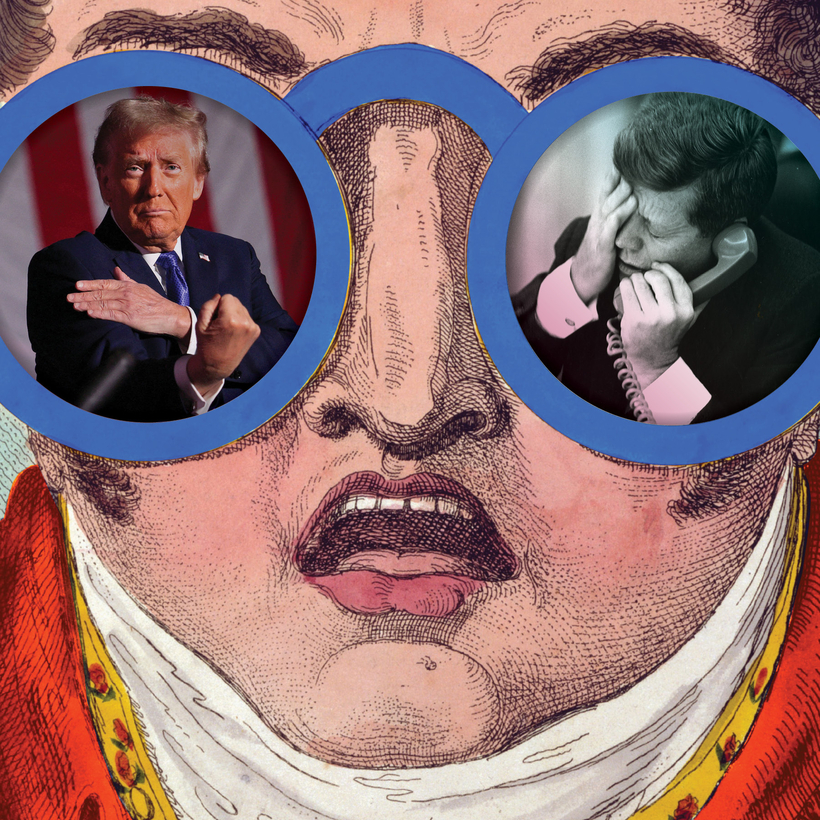The generation that started out with so many opportunities and so much promise has failed in almost every respect. The post–World War II baby-boomers—born between 1946 and 1964—vowed to change the world. Instead, we shopped and then Botoxed ourselves crazy. From yippies to yuppies in a single decade.
The generation that a half-century ago embraced saving the environment has left the world in a much sorrier place than it was when we inherited it. Like a billionaire driving an E.V. to his Gulfstream jet, we are more performatively virtuous than actually so.

